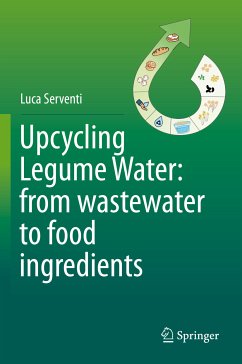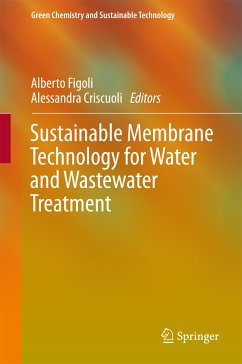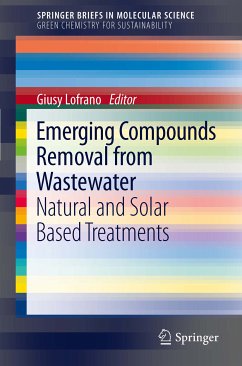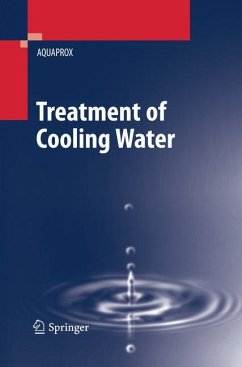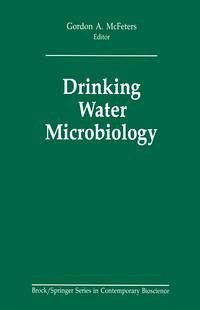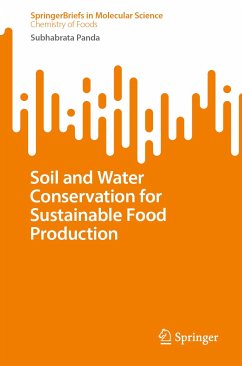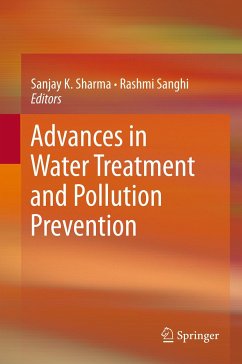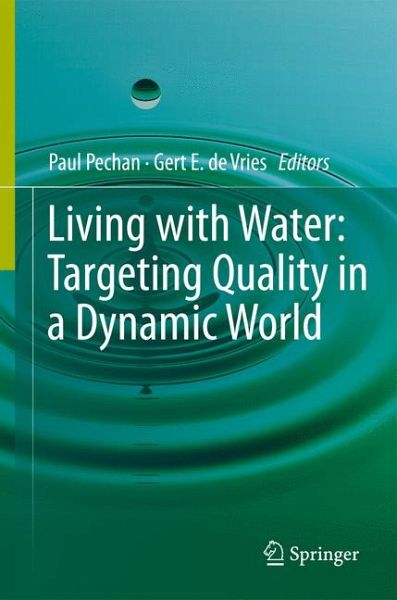
Living with Water (eBook, PDF)
Targeting Quality in a Dynamic World
Redaktion: Pechan, Paul; De Vries, Gert E.
Versandkostenfrei!
Sofort per Download lieferbar
72,95 €
inkl. MwSt.
Weitere Ausgaben:

PAYBACK Punkte
36 °P sammeln!
The factors affecting water quality are many: The increasing buying power and health concerns of the world population contribute to the creation of new products whose production and disposal lead to the release of chemicals harmful to the environment; the ever-growing world population requires a steady food supply, which increases the pressure to use even more chemicals to control various crop pests; and due to climate change, head waters, rivers, and oceans are becoming increasingly warmer, acidic, and eutrophic as the result of carbod dioxide overload.Using specific examples, Water Quality a...
The factors affecting water quality are many: The increasing buying power and health concerns of the world population contribute to the creation of new products whose production and disposal lead to the release of chemicals harmful to the environment; the ever-growing world population requires a steady food supply, which increases the pressure to use even more chemicals to control various crop pests; and due to climate change, head waters, rivers, and oceans are becoming increasingly warmer, acidic, and eutrophic as the result of carbod dioxide overload.
Using specific examples, Water Quality and Resource Management will address the many challenges of providing clean water to the growing world population. It will also discuss the new technologies that are being developed, for example, to treat and reuse waste waters, and the innovative monitoring approaches that help scientists to assess water quality risks. Such risk assessments are urgently needed to help draft legislations and allow enforcement to ensure accessability to quality water for all.
The structure of the book will be the following: Each chapter will provide information about a specific water environment and the challenges it faces. This will be followed by discussion of the pollution effects and actions taken to redress the situation. Finally, future trends will be discussed. ¿
Using specific examples, Water Quality and Resource Management will address the many challenges of providing clean water to the growing world population. It will also discuss the new technologies that are being developed, for example, to treat and reuse waste waters, and the innovative monitoring approaches that help scientists to assess water quality risks. Such risk assessments are urgently needed to help draft legislations and allow enforcement to ensure accessability to quality water for all.
The structure of the book will be the following: Each chapter will provide information about a specific water environment and the challenges it faces. This will be followed by discussion of the pollution effects and actions taken to redress the situation. Finally, future trends will be discussed. ¿
Dieser Download kann aus rechtlichen Gründen nur mit Rechnungsadresse in A, B, BG, CY, CZ, D, DK, EW, E, FIN, F, GR, HR, H, IRL, I, LT, L, LR, M, NL, PL, P, R, S, SLO, SK ausgeliefert werden.





